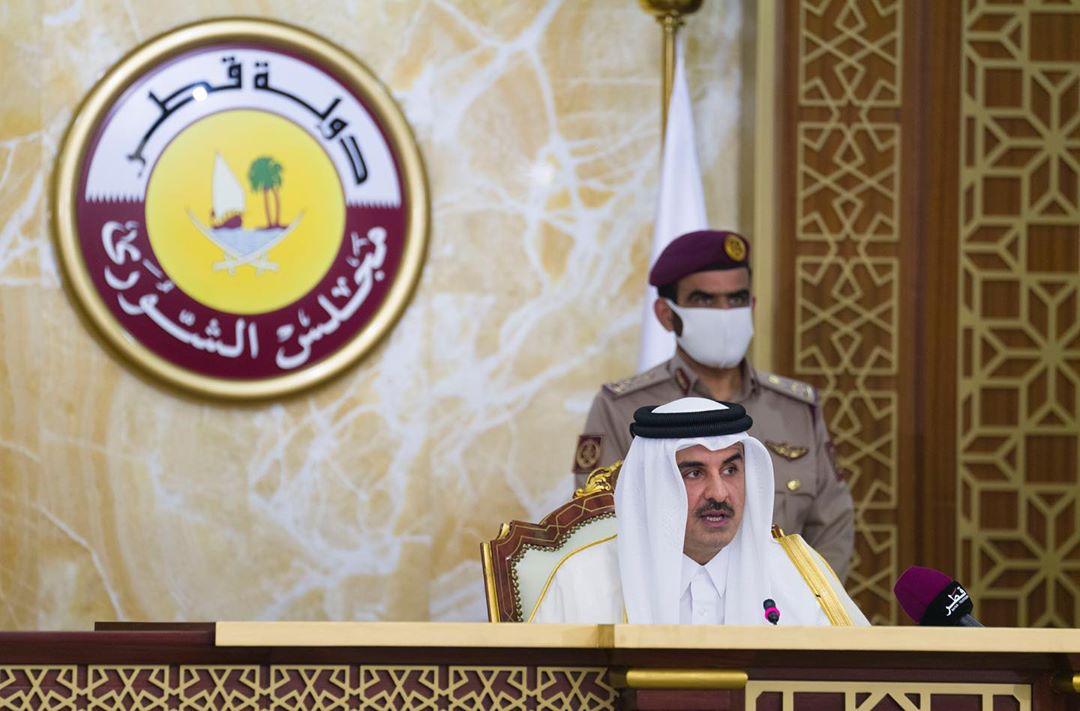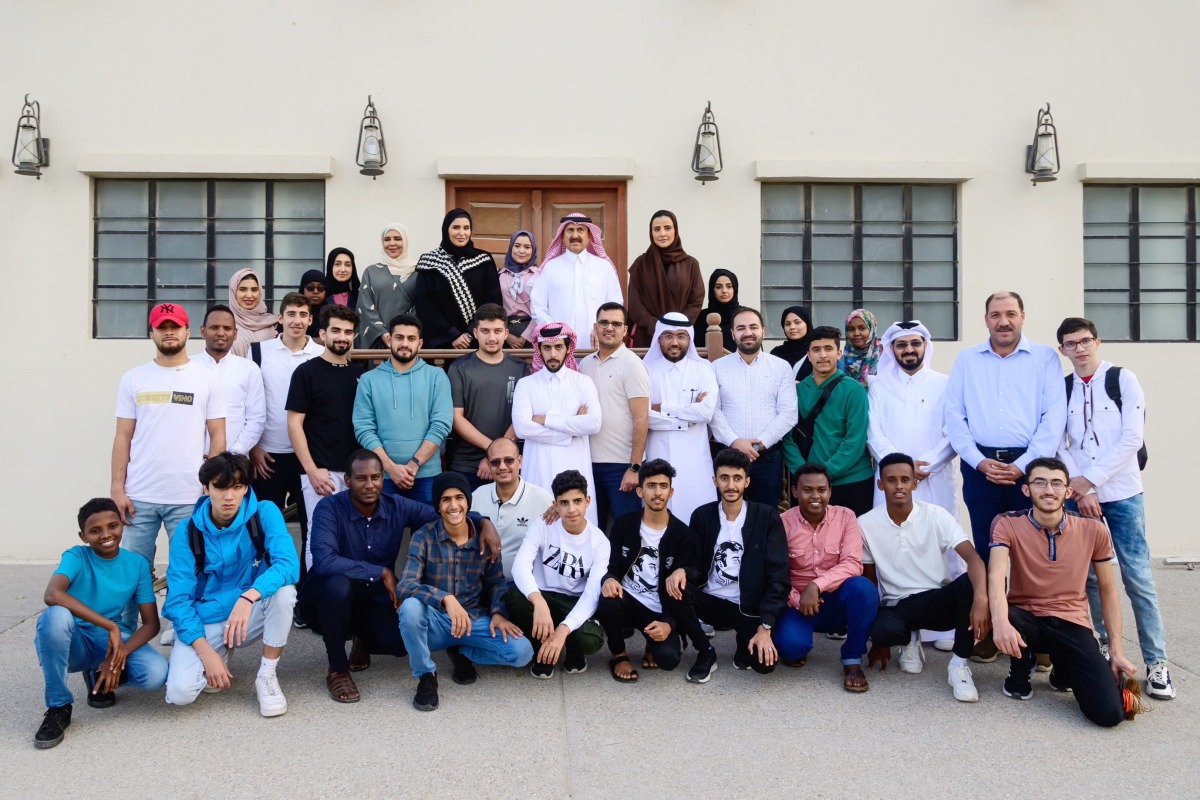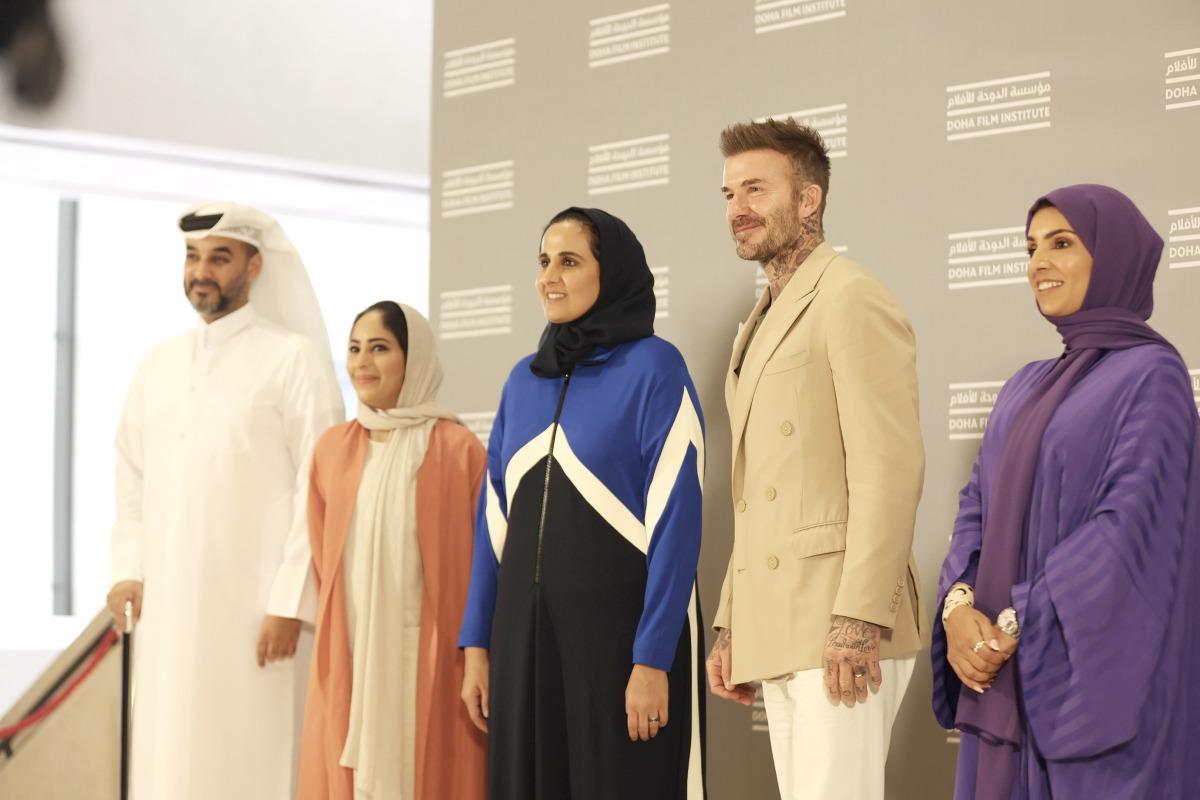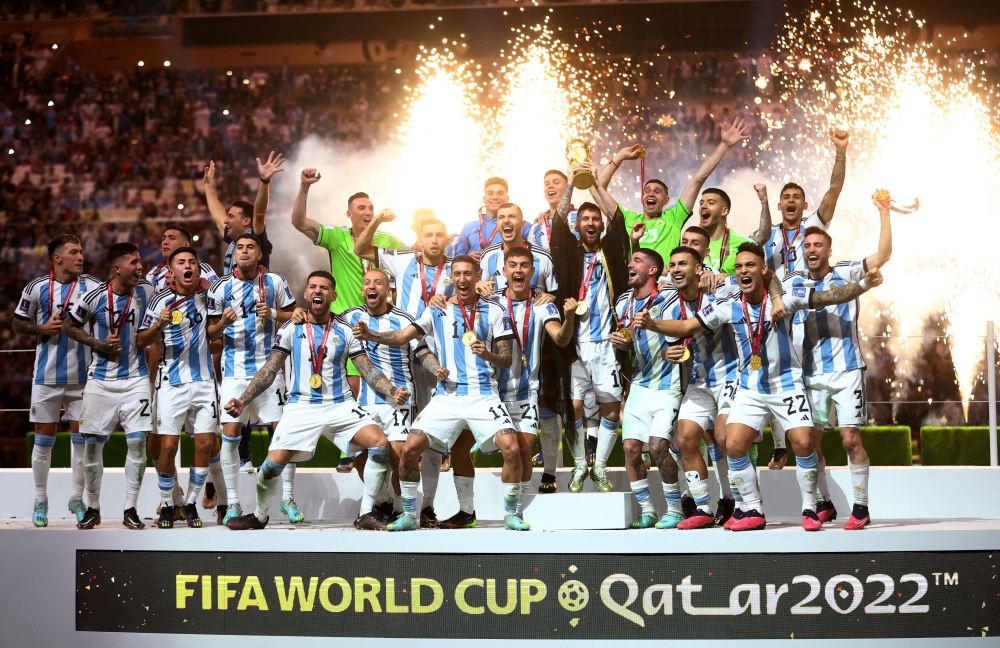Since winning the bid to host the 2022 FIFA World Cup, Qatar has been the target of an anti-Qatar campaign, according to Amir Sheikh Tamim bin Hamad Al Thani, who said that “no other host nation” has suffered this amount of criticism.
“Since we were chosen to host the World Cup, Qatar has had to deal with a campaign that has never been experienced by a host country before. And we initially handled it in good faith while thinking that some of the criticism was constructive and helpful, Sheikh Tamim said on Tuesday before the Shura Council.
The Qatari leader made the comments during the 51st Shura Council opening session, the second one since the nation held its first-ever legislative elections.
The amir touched on various domestic issues along with Qatar’s foreign policy, mainly its role as a strategic partner amid the global energy crisis.
With the World Cup less than a month away, the amir noted that the major event is where Qatar “proves itself” on various fronts, both economically and culturally. The Gulf state is the first Arab nation to host the much-anticipated tournament.
Qatar has received a barrage of criticism for its track record in its treatment of migrant workers, with scrutiny exacerbating in recent weeks as the World Cup looms around the corner.
Western media outlets have also continued to release headlines that have been slammed by experts and officials in Qatar as misleading and “sensationalist”.
Despite this, Doha has introduced major reform to improve the conditions for workers in the country, with officials assuring such progress will continue long after the tournament ends.
The amir added that while the criticism has helped Qatar “develop aspects that needed development”, it has continued to rear its ugly head.
“It soon became clear to us that the campaign has continued and expanded, and includes slander and double standards, until it has reached such a ferocity that many, unfortunately, wonder about the real reasons and motives behind it,” said Sheikh Tamim.
Officials in Qatar have previously described the criticism as a targeted campaign rooted in racism against the first World Cup in the Arab world.
Speaking at the World Economic Forum in May this year, Qatar’s amir said discrimination targeting his country is due to people outside of the region refusing to learn about the Middle East.
“Even today, there are still people who cannot accept the idea that an Arab Muslim country would host a tournament, like the World Cup,” he said.
Sheikh Tamim stressed that Qatar is constantly working on improving and developing, noting a wave of progress, including major labour reforms, made in the Gulf state over the years.
“We are so proud of the development, reform, and progress we have made, and we are grateful for the spotlight that the World Cup provided, which inspired us to make these changes at lightning-speed,” said Sheikh Tamim.
In October, the CEO of the FIFA World Cup Qatar 2022 Nasser Al Khater also addressed a range of issues in an interview with Sky News, expressing multiple times that he believes Qatar is being unfairly targeted.
“We’ve taken the challenge upon ourselves and we’ve risen to that challenge,” he said.
When asked by Sky News if he felt the criticism facing the country was racist, he responded saying “I’m not going to get into what the intentions of other people are, I’m not going to get into the minds and souls of other people.”
“But you know, who knows, possibly.”
The Qatari leader said last week at the Shura Council that the World Cup includes things like accepting challenges, making constructive changes, and incorporating it in building its infrastructure.
“This is a significant test for a nation the size of Qatar, which has amazed the entire world with the achievements it has made and is still making. We took on this challenge with confidence in Qataris’ skills, the amir remarked.
Beginning on November 20, the World Cup is expected to draw at least 1.5 million tourists to the Gulf state.
The Gulf state, according to the amir, welcomes all guests “with open arms.”

















Leave a Reply